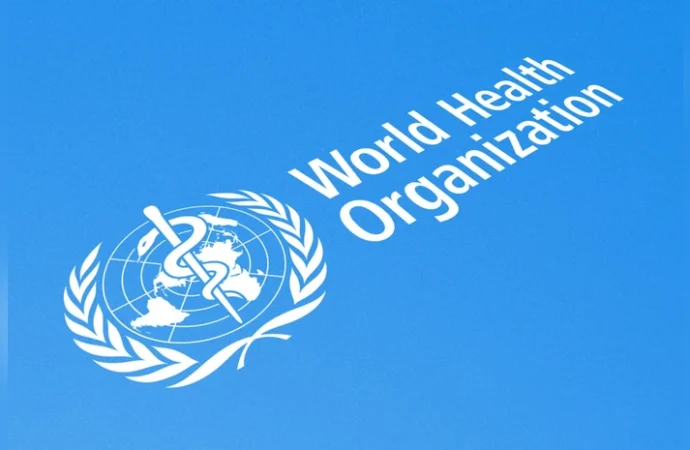Key Update
The World Health Organisation (WHO) has warned that lobbying by tobacco, alcohol, and ultra-processed food companies is preventing governments from implementing critical health policies. The UN will dedicate a day next Thursday to addressing non-communicable diseases (NCDs), such as cancer and heart disease, during its annual meeting in New York. WHO emphasised that products from these industries contribute significantly to such diseases.
In a separate report, WHO highlighted that governments could save over 12 million lives and generate $1 trillion in savings by 2030 by investing just $3 per person in NCD prevention. “Governments often face fierce opposition from industries that profit from unhealthy products,” said WHO Director-General Tedros Adhanom Ghebreyesus at a press briefing.
Industries Accused of Blocking Policies
WHO noted that industries frequently attempt to block, weaken, or delay policies, including health taxes and marketing restrictions targeting children. Dr Etienne Krug, Director of WHO’s Department of Health Determinants, Promotion, and Prevention, called it unacceptable that commercial interests profit from rising deaths and disease.
Industry Pushback
Tobacco, alcohol, and food industry representatives rejected the WHO’s claims. They stated they support dialogue with governments to reduce harm and improve policy effectiveness. Justin Kissinger, President of the World Brewing Alliance, said his group welcomed discussions with member states and advocates on reducing harmful alcohol use. The International Food and Beverage Alliance argued that comparing food to tobacco or alcohol is inaccurate. Secretary-General Rocco Renaldi said, “We strongly disagree with the characterisation of our industry as obstructing progress.” Philip Morris International also stated that the WHO should embrace dialogue rather than fear it.
At the UN meeting, governments are expected to agree on new targets and a roadmap to tackle NCDs, though health groups have raised concerns that the political declaration draft has already been weakened.
Source: Business Standard
 Food Manifest
Food Manifest 


















